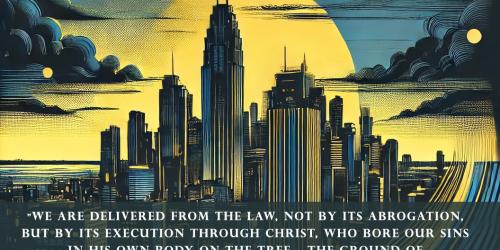The Failure of Job’s Friends: A Warning Against Misrepresenting God
One of the most striking elements of the book of Job is the way in which Job’s friends attempt to console him, only to earn the rebuke of God. Their words, though often clothed in the language of wisdom, ultimately misrepresented the nature of divine justice and providence. At the conclusion of the book, the Lord speaks directly to Eliphaz, one of the friends, and declares, “My anger burns against you and against your two friends, for you have not spoken of me what is right, as my servant Job has” (Job 42:7). These are sobering words.











